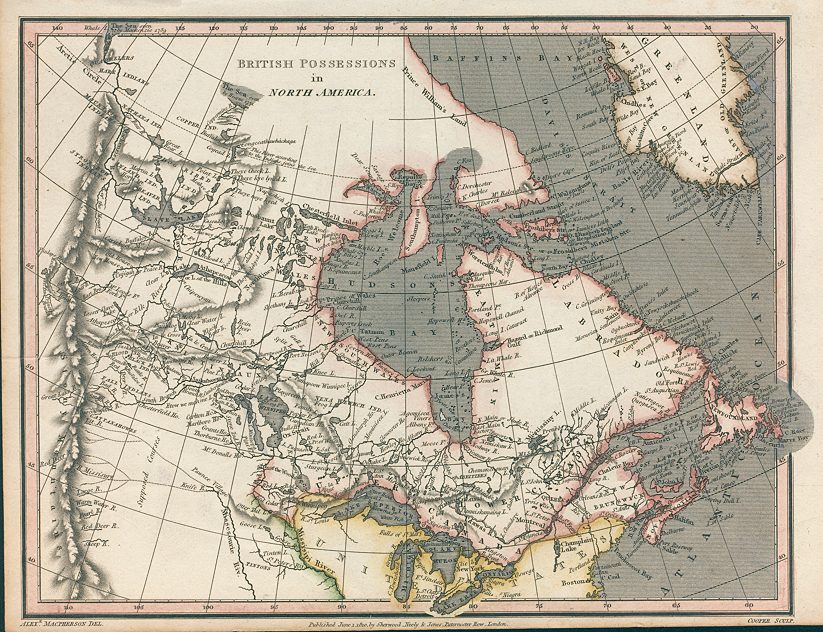DEMOCRACY IN the Scandinavian countries, Belgium, Holland and Switzerland followed the pattern of the three large democracies. Everywhere during this period there was a trend toward constitutional government, elected law-making bodies, cabinet ministers with responsibility to the people, liberty, personal rights and voting rights for all men in the lower classes. In Canada, the most difficult problem was nationalism. At the time of the Civil War in the United States, Canada consisted of a number of British provinces, most of which were independent of each other. The oldest of these was the province of Quebec in the Saint Lawrence valley. …
Read More »Tag Archives: New Brunswick
The Old Fox 1776-1777
The cold winter winds howled through the streets of New York, but the houses were filled with warmth, good cheer and the merry crackle of hearth fires. It was late in December of 1776. Six months earlier the city had been the headquarters of General Washington’s ragged army of patriots. Now it was in the hands of the British and they were in a mood to celebrate. Some redcoats were making ready for Christmas. Others were writing long letters home to England, saying that the war was almost over. They told how Washington had been driven out of New York, …
Read More »
